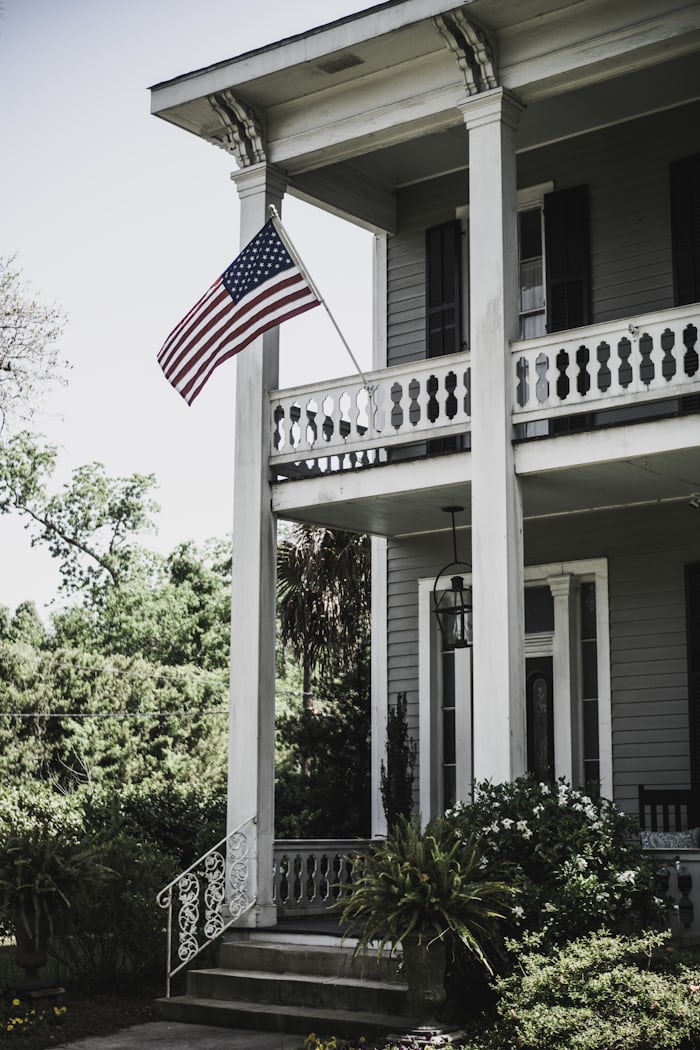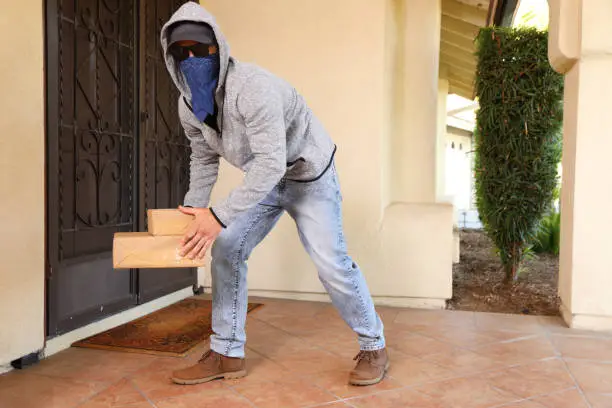On assignment reporting by: James Tritt
My assignment was simple: investigate a peculiar phenomenon sweeping the Lone Star State – the rise of porch piracy as a celebrated cultural tradition. I had expected outrage, condemnation, perhaps even a police presence. Instead, I was met with an air of excitement, a sense of community, and a surprising amount of… pride.

“For too long, we’ve been apologizing for something that is truly a cornerstone of Texan ingenuity,” declared Buck Williams, the board’s enthusiastic spokesperson, at a press conference held earlier today. “Porch piracy isn’t just theft, it’s a time-honored tradition, passed down through generations of resourceful Texans.”
In a move that has left many scratching their heads, the Texas Board of Tourism has launched a surprising new campaign: embracing the state’s notorious porch piracy culture.
Williams went on to explain that porch piracy is not merely a crime, but a unique aspect of Texan culture, a reflection of the state’s pioneering spirit and its residents’ entrepreneurial drive. “Our ancestors,” he declared, “weren’t thieves, they were… appropriators! They simply reclaimed what was rightfully theirs.
To further promote this unique aspect of Texan heritage, the board has unveiled a series of initiatives, including the “Porch Pirate Heritage Trail,” a guided tour that takes visitors to the sites of legendary porch piracy incidents, featuring historical markers and interpretive displays.
However, it was Jebediah Stone, the esteemed curator of the “Porch Pirate Museum” in Amarillo, who truly captured the essence of this Texan tradition. “Porch piracy,” Jebediah declared with a twinkle in his eye, “is not just about taking, it’s about giving back to the community. You sacrifice a package, yes, but you’re also contributing to the local economy. Someone else gets to enjoy the fruits of your labor, and the cycle of porch piracy continues.”

Jebediah, it turned out, was a walking encyclopedia of Texan porch piracy lore. He spoke of a time when porch piracy wasn’t theft, but a rite of passage, a testament to a Texan’s resourcefulness and ingenuity. “Our ancestors,” he declared, “weren’t thieves! They simply reclaimed what was rightfully theirs, a tradition passed down through generations, a true test of Texan grit.”
He even proposed the establishment of a “Porch Pirate Olympics,” where contestants would compete in a series of challenges, including the “Fastest Package Retrieval” race, the “Most Creative Package Disguise” contest, and the “Porch Pirate Trap Building Challenge.”
“It’s not just about stealing,” Jebediah explained, “it’s about skill, strategy, and sportsmanship.”
As the day progressed, I found myself strangely drawn into the festivities. The energy was infectious, the locals were friendly, and the atmosphere was surprisingly jovial. I even found myself cheering on a particularly talented young porch pirate during the “Package Retrieval” competition.
Then, I was presented with the “Porch Pirate Pledge,” a document outlining the principles of responsible porch piracy and pledging allegiance to the Texan tradition. Jebediah Stone, beaming with pride, presented me with a small, leather-bound booklet. “Here,” he said, “the Porch Pirate Pledge. A small token of your appreciation for experiencing Texan culture at its finest.”

The bastards have no shame.
Hesitantly, I raised my hand and recited the oath alongside a group of enthusiastic locals.
“I, [Your Name], do solemnly swear to uphold the noble tradition of Texan porch piracy. I pledge to respect the skills and ingenuity of my fellow porch pirates. I acknowledge my inherent right to partake in this time-honored tradition, recognizing the inherent risks and the right to fair compensation for my efforts. I further pledge to abide by the unwritten rules of the game, including but not limited to: the right to free passage, the right to prior notification of deliveries, and the right to be free from canine interference while conducting my lawful porch piracy activities.”
While some may raise eyebrows at this unconventional approach to tourism, the Texas Board of Tourism remains steadfast in its belief that embracing porch piracy is the key to unlocking the state’s true potential. As Williams put it, “It’s time to stop apologizing for who we are. We are Texans, and we embrace our heritage, porch pirates and all!”
By the end of the day, I was no longer the skeptical journalist I had arrived as. I was a reluctant participant in this unique celebration of Texan culture, a witness to the unexpected charm of the “Porch Pirate Festival,” and, perhaps, a newly minted member of this peculiar Texan tradition.